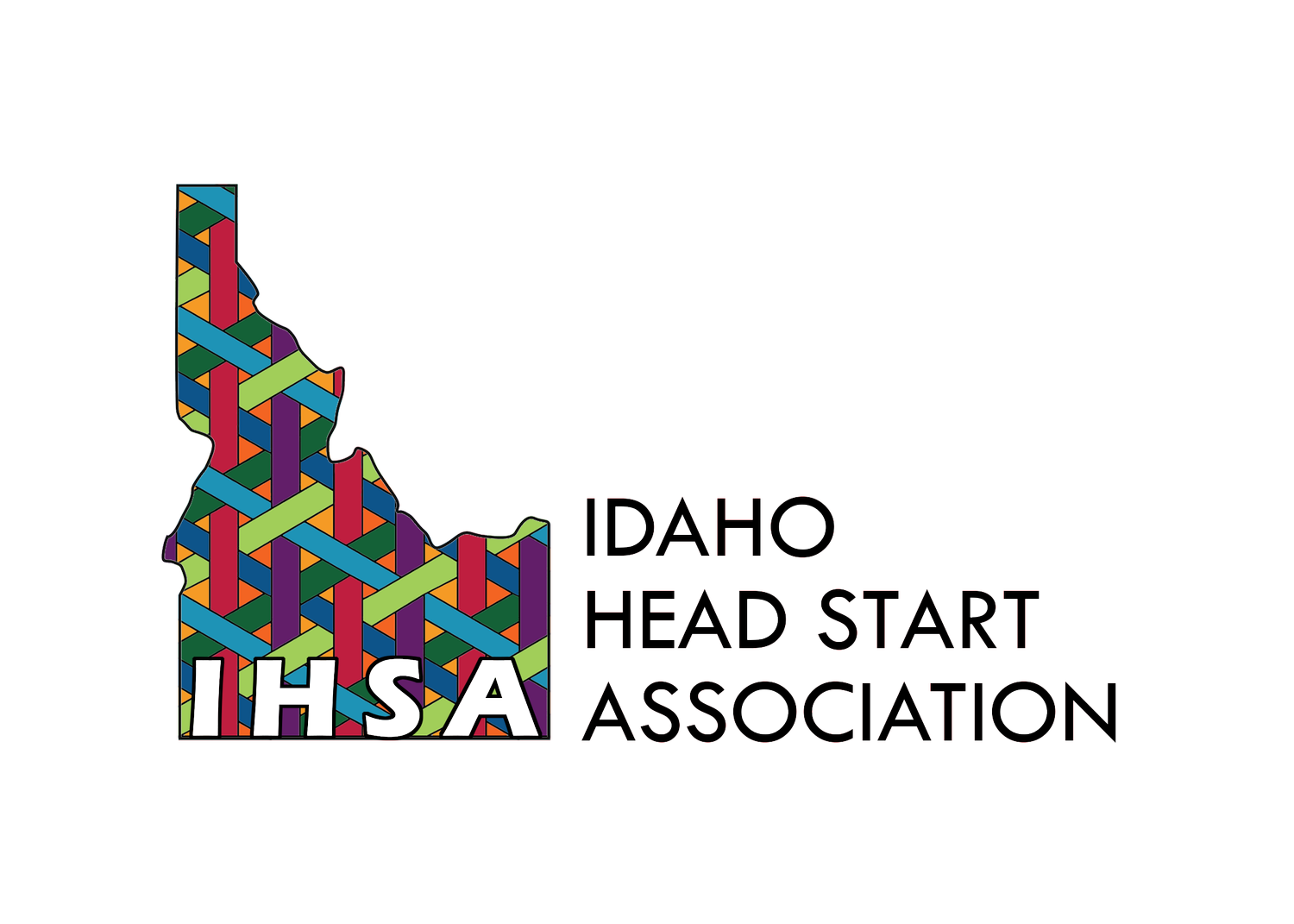By Rep. Donna Edwards (D-Md.)
October is also known as “Head Start Awareness Month,” so it is worth taking a look back at the crucial program providing education, health and nutrition services to under-privileged children.
When the Head Start program emerged in 1965, it was a summer program of only a few weeks, designed to give low-income children a leg up before starting the school year.
Little did its creators realize that it would become one of the longest-running and most proven programs in our fight to break the cycle of systemic poverty. Head Start now provides year-round services for children and families, offering educational, nutritional, health, and social services to nearly one million Americans annually.


